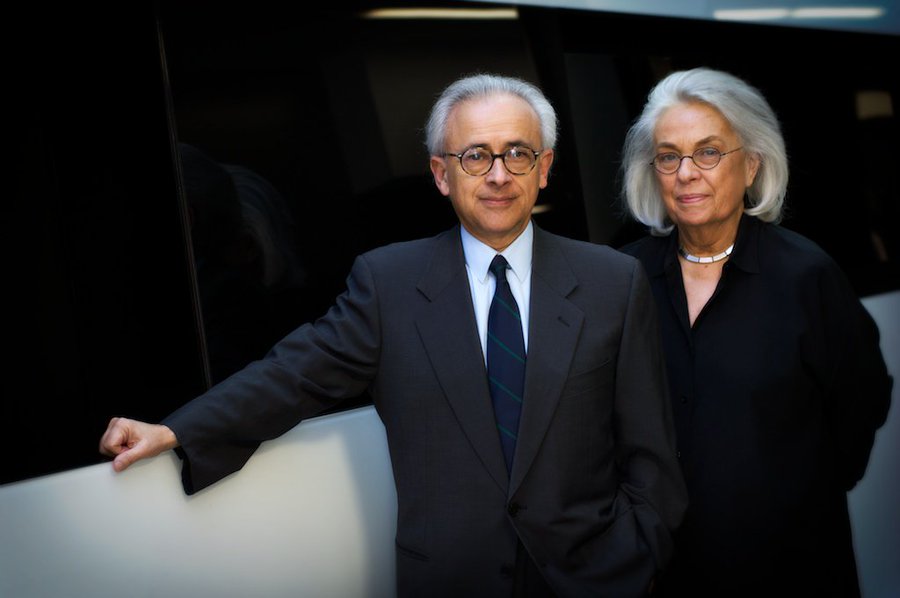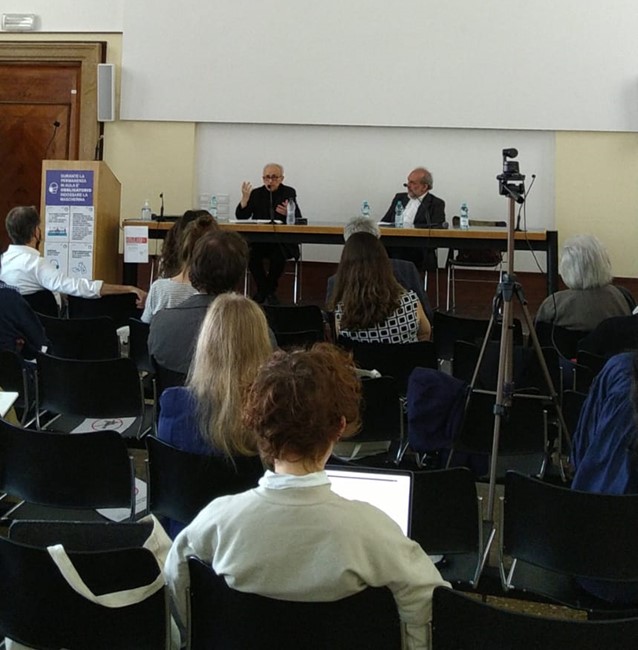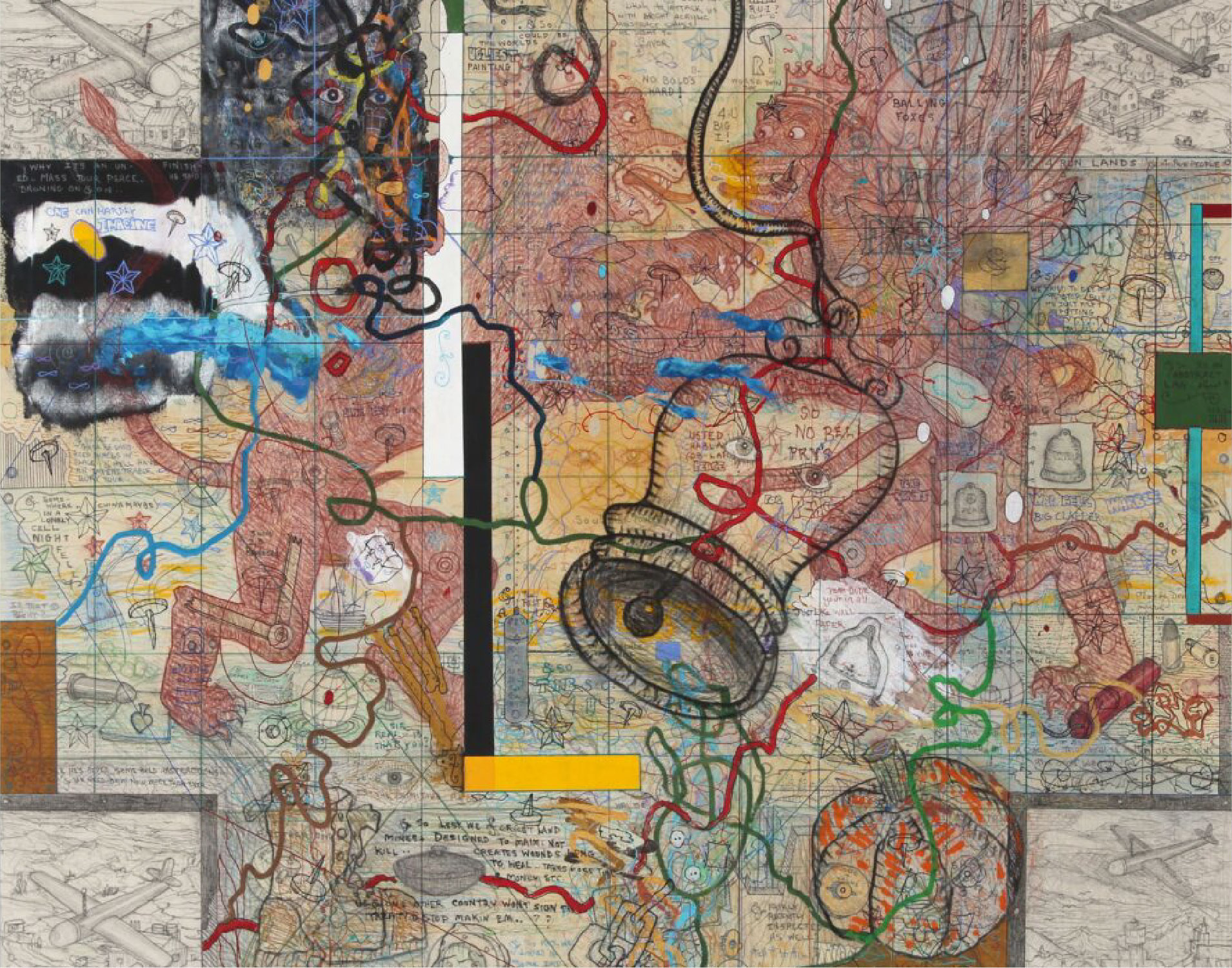«There is no better way of arriving at a knowledge of our passions than an examination of the difference between the soul and the body, in order to know to which of the two is to be attributed each of the functions existing in us» (Descartes 2003). With these words, the French philosopher René Des Cartes reaffirmed in 1649 the split of the individual between what belongs to the mind, which Descartes defines as res cogitans, and what instead has to do with the body, the res extensa.
The “spirits of the mind” and the “machine of the body” belong, therefore, to two distinct realities that can peacefully coexist or act against each other.
Cartesian dualism has marked the thought of Western culture in the last four centuries, but it could be inscribed in turn in the erroneous conviction, matured with Socrates, that reason is the only foundation of human intelligence and of our being in the world.

With these premises we can well understand the revolutionary impact that had the publication in 1995 of Descartes’ Error, marking a way of no return for Western culture. The eternal struggle between sense and sensibility, Apollonian and Dionysian, to use Nietzsche’s terms[1], finally turns in favor of the latter. Damasio brings to the stage the spectacle of feelings, freeing them from the role of dangerous natural inclinations that weigh down reason and prevent it from carrying out its tasks, to give them «the importance they actually have as inspirers, supervisors and mediators of the human cultural enterprise» (Damasio 2018, p. 13) and place them at the basis of reason itself. There is no reason without feeling.

«Feelings protect our lives by informing us of dangers and opportunities and giving us the stimulus to act accordingly. These are undoubtedly wonders of nature, yet feelings also hold another, without which their guidance and stimulation would not follow. They offer the mind the facts by which we effortlessly know that whatever else is present in our mind, at that instant, also belongs to us, is happening within us. Feelings allow us to have experiences and to become conscious: to unify our mental properties around a single being».
Damasio 2022, p. 139

Damasio’s research, however, does not stop at the rehabilitation of feelings, but goes towards the understanding of all those processes which produce consciousness and which allow us to move the Cogito ergo sum towards the I feel therefore I am, or rather I am conscious.
Consciousness is the difficult problem to which the Portuguese neuroscientist dedicates a good part of his studies, trying to get to the bottom of it in his last work Feeling and Knowing. Makin Minds conscious published by Adelphi with the Italian title Sentire e conoscere. Storia delle menti coscienti, presented at the conference.
Often the concept of mind has been confused or overlapped with the concept of consciousness, ending up to consider «conscious and minded even the universe and every rock in it» (Damasio 2022, p. 119), but the conscious mental states originated by the physical processes taking place in the brain concern the body and the memory of the person who possesses them: mental experience is «a state of mind imbued with two remarkable and connected features: its contents are felt and adopt a single perspective» (Damasio 2022, p. 113).

These are some of the topics of the Lectio Magistralis held by Antonio Damasio, Professor of Psychology, Philosophy and Neuroscience at the University of Southern California in Los Angeles, at the Aula Magna Manfredo Tafuri of the IUAV University of Venice on Monday, May 9.
The event was broadcasted live on the social channels of Lombardini22, IUAV University of Venice and the national newspaper La Repubblica.
Bibliography
Cartesio 2003 – Renato Cartesio, Le passioni dell’anima, Bompiani Editore, Milano 2003;
Damasio 2022 – Antonio Damasio, Sentire e conoscere, Adelphi Edizioni, Milano 2022. Piccola Biblioteca 774. (Feeling and Knowing. Making minds conscious);
Damasio 2018 – Antonio Damasio, Lo strano ordine delle cose. La vita, i sentimenti e la creazione della cultura, Adelphi Edizioni, Milano 2018. (The strange order of things. Life, feelings, and the making cultures);
Damasio 2012 – Antonio Damasio, Il sé viene alla mente. La costruzione del cervello cosciente, Adelphi Edizioni, Milano 2012. (Self comes to mind. Constructing the conscious brain);
Damasio 2003 – Antonio Damasio, Alla ricerca di Spinoza. Emozioni, sentimenti e cervello, Adelphi Edizioni, Milano 2003. (Looking for Spinoza. Joy, Sorrow, and the Feeling Brain);
Damasio 2000 – Antonio Damasio, The Feeling of what happens. Body and emotion in the making of consciousness, Harcourt Publishing Company, San Diego 2000;
Damasio 1995 – Antonio Damasio, L’errore di Cartesio – Emozione, ragione e cervello umano, Adelphi, Milano 1995. (Descartes’ Error. Emotion, reason, and the human brain).
[1] In The Birth of Tragedy, Friedrich Nietzsche, 1872.
In copertina: William T. Wiley (1937–2021), No Bell Prys for Peace with Predator Drone, 2010.
By Antonio Sorrentino

